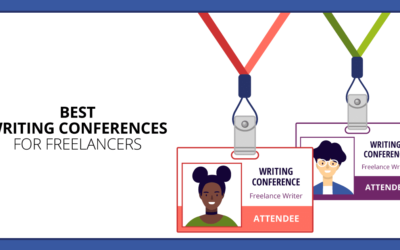
The clock was running out, and I had to get this piece – my first-ever paid blog post – to my editor in New York by 5 p.m. The menu bar on my laptop read 1:33 p.m. Pacific time, giving me less than half an hour to clean up my act and hit SEND like a champion.
I know what you’re thinking. I should’ve started earlier, right?
But the problem wasn’t that I had too little. I had too much.
How much?
About double the target word count.
My undoubtedly brilliant article comparing toilets around the world (we’re talkin’ pure glamour here, folks!) was way too long, and I could already hear that horrible sound in the distance: a New York City toilet flushing, with all my hard work “• and my paycheck! “• swirling down with it.
Instead of giving up, I got my piece into my editor‘s inbox within 27 minutes. And I got paid. Twice.
Here’s the strategy that saved the day.
Face up to reality
When you’re way over your word count, it’s not about tightening up a sentence here or cutting a word there. It’s about hacking unnecessary content out of your piece.
In my Pulitzer-quality toilet post, I was attempting to cram too much in at once. And in writing, as in toilets, this practice never goes down smoothly.
Slash, but don’t burn
With the clock ticking, I put down my writerly scalpel, picked up my editorial chainsaw, and made like Leatherface on my beloved wordsmithery. I brutally cut the extra bits–but I saved them for later.
Stitch it up
Remember, your editor has no idea that anything was “removed” from what you deliver. So long as you make sure it reads smoothly, they never will.
Stitch it up like Frankenstein’s monster, and no one need know which organs are missing.
Deliver with confidence
Here’s where the magic happens.
Instead of apologizing to my editor, I wrote that there was simply too much great toilet material out there (not kidding) to do the topic justice in one short blog post. I went on to suggest that we run the piece as a series, focusing on different parts of the world in subsequent editions.
And you know what?
She not only paid me for my article, she also paid me for a second article (comprised entirely of what I had cut from my original draft).
And now I have an ongoing gig writing about toilets.
Life goal = ACHIEVED!
The take-away
Over-writing can be exasperating, but don’t chalk it up as time wasted. If you pitch it right, the extra bits could mean an extra paycheck.
Have you ever successfully turned one job into ongoing writing assignments? Tell us about it in the comments below.
Peter Chordas is a freelance writer and web developer in Portland, Oregon. He writes for businesses, nonprofits, and online publications on technology, the environment, and the inevitable doom of humanity.









